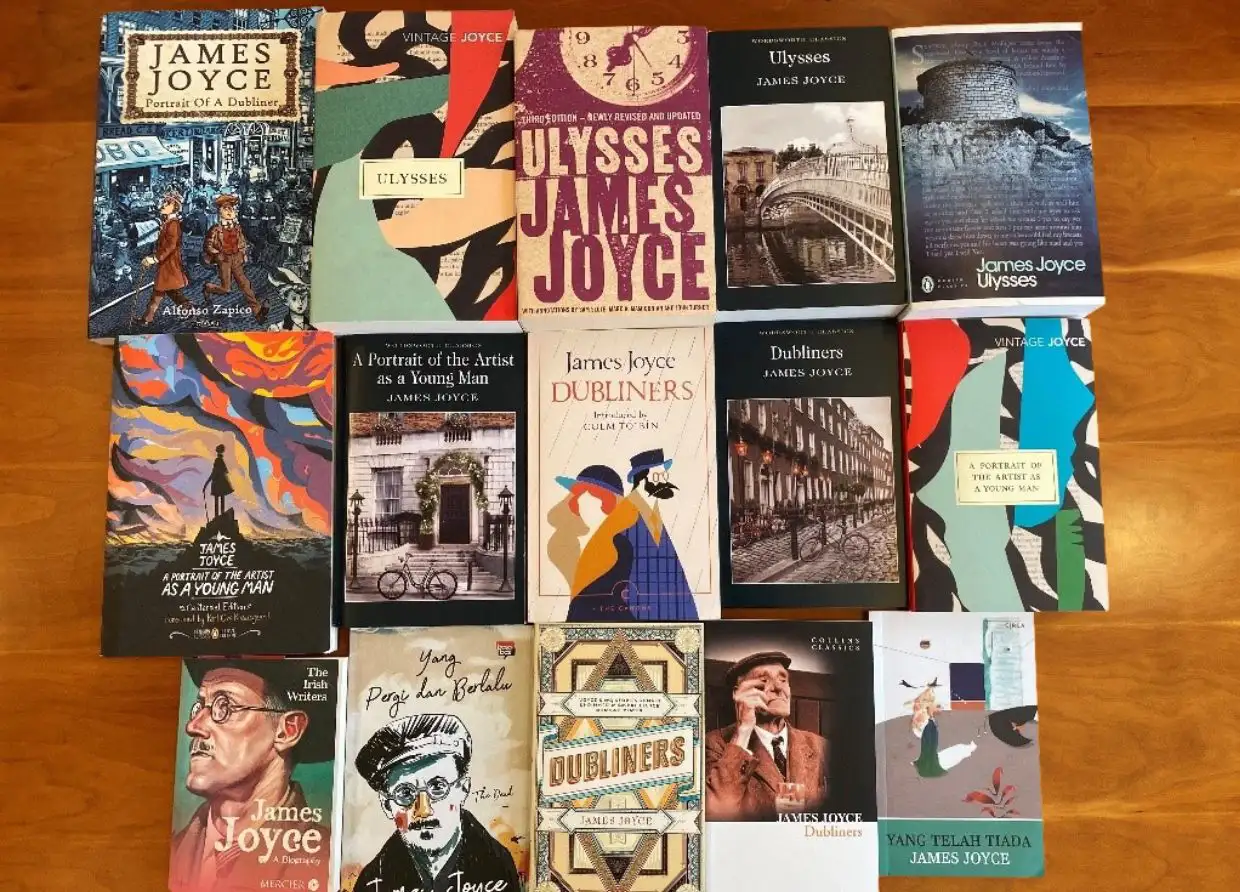DIVE INTO THE LINGO - 20 ESSENTIAL BALINESE PHRASES FOR EXPLORERS IN BALI
From Beach Vibes to Bargaining Brilliance: Mastering the Balinese Language for Your Next Adventure

Balinese, a regional language spoken in the province of Bali, continues to flourish as a vibrant means of communication among the Balinese people. Contrary to the decline faced by some regional languages globally, Balinese remains robust, with both native Balinese and a significant number of foreigners and immigrants embracing its usage in their daily lives.
The distinct levels of formality within the Balinese language contribute to its richness. According to the "Anggah-Ungguh Kruna Bali-Indonesia" dictionary, the language is divided into kruna alus (polite) and kruna nenten alus (less formal). These levels are categorized as coarse kruna, andap, mider, and alus kruna, each corresponding to the speaker's social context.
Rough kruna, for instance, is employed in expressions of displeasure, while kruna andap is suitable for peer conversations. Kruna mider is used in neutral exchanges, and alus kruna is reserved for discussions with elders, parents, religious leaders, and officials.
The extensive range of kruna levels results in a language with thousands of vocabulary words. However, there are key everyday terms that anyone interested in Balinese culture can learn to enrich their linguistic experience.
Here are 20 everyday Balinese vocabulary words and their meanings:
- Bli or Mbok: Used for greeting, "Bli" for men and "Mbok" for women.
- Numbas: Means "to buy" when shopping.
- Matur Suksma: "Thank you" or simply "Suksma" in Balinese.
- Wastan Titiang: Used for introducing names, translates to "my name."
- Rahajeng: Means "safe" and is used as a greeting (e.g., Rahajeng semeng - good morning).
- Kenken Kabare: Translates to "how are you?"
- Kuda Hargane: Essential for shopping, means "how much does it cost?"
- Ten Dados Tawah or Jagi Kirang: Used for bargaining, means "can it be cheaper?" or "can I have less?"
- Punapi Gatra: Another way to ask about well-being, means "how are you?"
- Tiang Tresna Ajak Adi: Expresses love, means "I love you."
- Ngiring Ngajeng: Invites someone to eat, means "let's eat."
- Ngudiang: Used for small talk, means "what are you doing?"
- Jaen: Expresses deliciousness, means "delicious."
- Dija: Asks about someone's location, means "where."
- Saking: Inquires about someone's origin, means "from."
- Sugra nggih / Ampurayang: Apology or excuse me, means "sorry."
- Rahajeng Rawuh: A common greeting, means "welcome."
- Om Swastiastu: Hindu greeting, equivalent to "Assalamu'alaikum" in Islam.
- Mepamit: Means "going home" when saying goodbye.
- Tan / Nenten: Expresses "no" or rejection.
The ongoing use of Balinese, both locally and internationally, showcases its resilience as a living language, contributing to the rich cultural tapestry of Bali. As visitors explore the enchanting landscapes of Bali, these basic Balinese phrases can serve as a bridge, fostering a deeper connection with the local community and its vibrant linguistic heritage.
#THE S MEDIA #Media Milenial #Balinese language #Cultural immersion #Language learning #Travel essentials #Local communication #Bali adventure #Bali expressions #Communication tips #Adventure-ready phrases


























